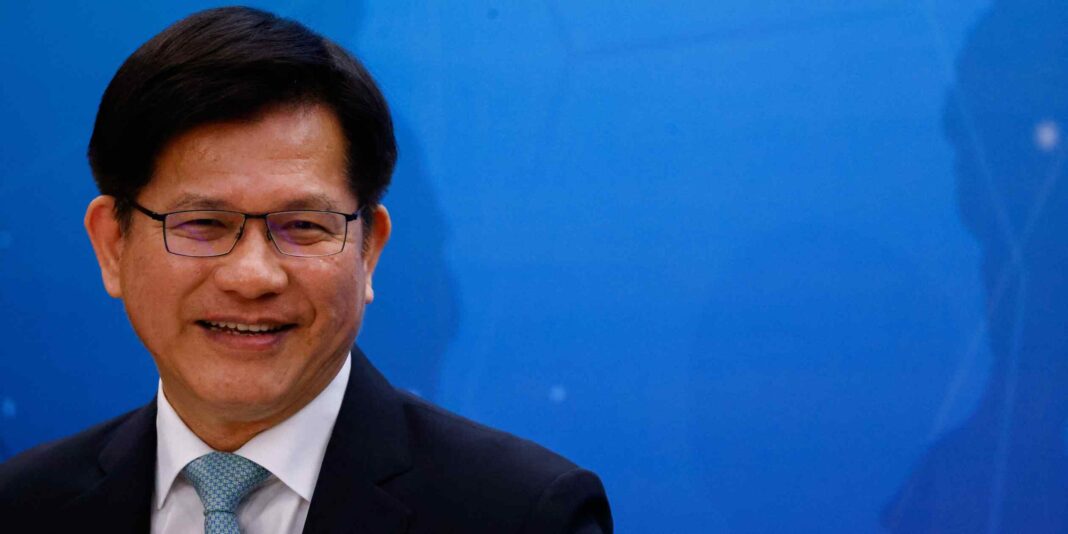BAKU, Azerbaijan, November 18. The NCQG (new
collective quantitative goal) must be urged to consider the needs
of children and focus on social services, UNICEF Deputy Executive
Director for Partnerships Kitty van der Heijden said during the
COP29 Ministerial Roundtable on Greening Education and Enhancing
Climate Literacy Metric – 2nd Annual Meeting of the Greening
Education Partnership today, Trend reports.
“Obviously, climate issues need to be integrated into school
curricula not because education ministers or organizations like
UNICEF want it, but because all countries have signed the Paris
Agreement. Article 12 of this agreement is quite clear.
Along with secondary education, we need to focus on the
practical skills that young people need to participate in solving
climate problems. Young people do not want to sit idly by; they
want to work and be part of the green economy, which is inevitably
becoming a reality. Climate investments should be directed
there.
Currently, only 2.4 percent of climate investments in one way or
another take into account the interests of children. All countries,
including education ministers, need to insist that the NCQG (new
collective quantitative goal) takes into account the needs of
children and focuses on the social services they depend on.
Otherwise, we’ll only be talking but not taking concrete actions,”
she emphasized.
To note, the 29th session of the Conference of the Parties to
the UN Framework Convention on Climate Change (COP29), which will
run until November 22, opened at the Baku Olympic Stadium on
November 11. It is the largest event organized by Azerbaijan to
date, and the first time in the region that it is being held in
Azerbaijan.
Within COP29, the highest level event – the summit of world
leaders on climate action – was held on November 12–13.
The main expectation from COP29 is to agree on a fair and
ambitious New Collective Quantitative Goal (NCQG) on climate
finance. The COP29 chairmanship has launched 14 initiatives that
include linkages between climate action and the Sustainable
Development Goals, including green energy corridors, green energy
storage, harmony for climate resilience, clean hydrogen, methane
reduction in organic waste, action on green digital technologies,
and other topics.
In addition to being a top priority that creates the conditions
for action, creating climate finance will also help fulfill the
1.5°C pledge by bringing everyone together.
The UN Framework Convention on Climate Change is an agreement
signed at the Rio Earth Summit in June 1992 to prevent dangerous
human interference in the climate system. The acronym COP
(Conference of Parties) stands for “Conference of Parties” and is
the highest legislative body overseeing the implementation of the
Framework Convention on Climate Change.
A total of 198 countries are parties to the Convention. Unless
otherwise decided by the parties, COP is held annually. The first
COP event was held in March 1995 in Berlin, and its secretariat is
located in Bonn.
Stay up-to-date with more news on Trend News
Agency’s WhatsApp channel

